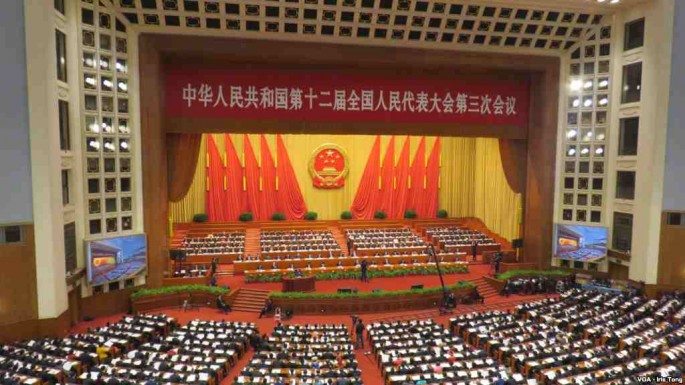The Chinese government is currently drafting a new foreign non-government organization (NGO) law that will make operations in the country more difficult, if not impossible.
For years now, 6,000 foreign NGOs have been enjoying lenient provisions from Chinese authorities. These organizations advocate wide-ranging causes which include education, environment and HIV-AIDS awareness.
Under the proposed law, overseas non-profits are allowed to only open one office. This is according to some excerpts seen by The Christian Science Monitor.
The law also restricts these foreign groups from raising funds domestically and from investing on campaigns deemed to counter the so-called "Chinese society's moral custom."
According to Prof. Anthony Spires of the Center for Civil Society Studies at the Chinese University of Hong Kong, "it will be a new world if the law goes through as it is written now."
"There will be a lot more layers of control and opportunities for the government to say no" to the foreign NGOs' projects, Spires, who has seen the bill's early draft, added.
The bill, which is currently deliberated upon in closed-door meetings, was first presented to the Standing Committee of the National People's Congress (NPC) in December of last year. China's Vice Minister of Public Security handed the foreign NGO bill before the country's parliament.
NPC spokeswoman Fu Ying stated that there is a "need to protect their legitimate interests, to let them play a greater role, but on the other hand they need more effective management, to sufficiently protect our national security and social stability."
In the proposed law, overseas non-profits are seen as potential threats to national security amid the benefits these organizations offer to the country's socio-economic development.
Over the past years, the foreign NGOs' existence in the country has always been fragile as there is undefined legal framework that will supposedly regulate it.
The strict provisions in the bill have earned the ire of some activists. An activist with a Beijing-based foreign NGO said that the proposed law will give "unprecedented power to the police," stating that they might show a heavy hand.
Another foreigner working for an overseas non-profit who asked to remain unidentified remarked that the government will probably "use this to screen out groups they don't like."
Meanwhile, the Ministry of Civil Affairs, who traditionally handles NGOs, is nowhere to be seen in the process of drafting the new law.



























